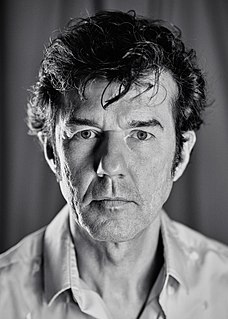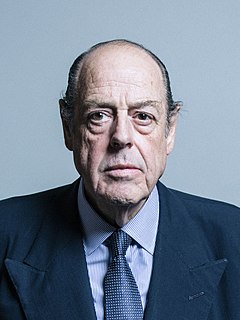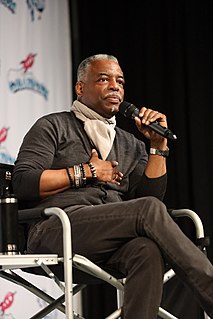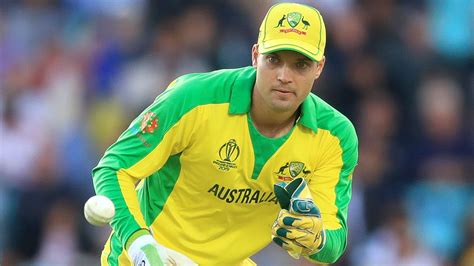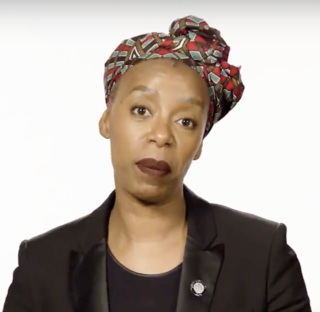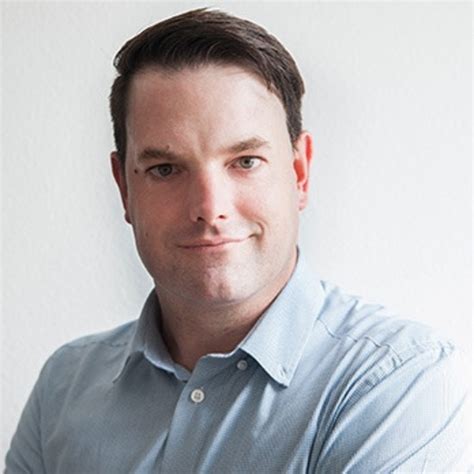A Quote by Robert McKee
Story is morally neutral. It can express profound truth or propaganda. The two greatest political storytellers of the 20th Century were Winston Churchill and Adolph Hitler. Because storytelling is a form of persuasive jujitsu, and because world is full of black belt storytellers, the corporate leader has to train both his offensive and defensive moves
Quote Topics
Related Quotes
First, the skill of storytelling helps to galvanize your team. Second, the discipline of storytelling requires leaders to be clear about their intentions and to prioritize what fits into the story versus secondary goals and issues. Third, there is possibly an artifact here - great storytellers can make their exploits and achievements sound very exciting and memorable. Successful leaders who are not good storytellers won't get the acknowledgement and appreciation they deserve.
The leading student of business propaganda, Australian social scientist Alex Carey, argues persuasively that “the 20th century has been characterized by three developments of great political importance: the growth of democracy, the growth of corporate power, and the growth of corporate propaganda as a means of protecting corporate power against democracy.
The person who imagined that he could not be the victim of propaganda because he could distinguish truth from falsehood, is extremely susceptible to propaganda, because when propaganda does tell the truth, he is then convinced that it is no longer propaganda: moreover, his self-confidence makes him all the more vulnerable to attacks of which he is unaware.
Look at the world of both film and indie games, and you'll find a startling similarity between the two when it comes to creating the perfect horror story. The tricks storytellers pull to make your blood run cold never change; a creaking floorboard, the eerie feeling of being watched, wandering into a world filled with unspeakable terror.


